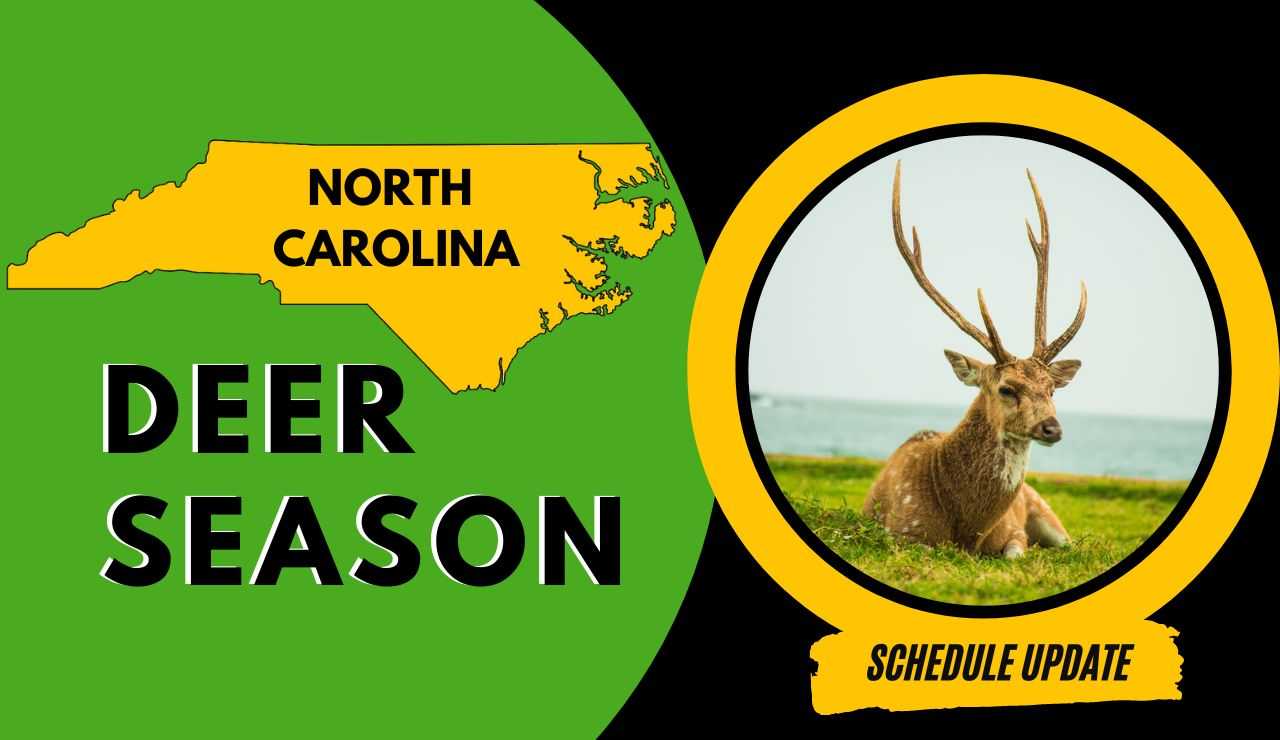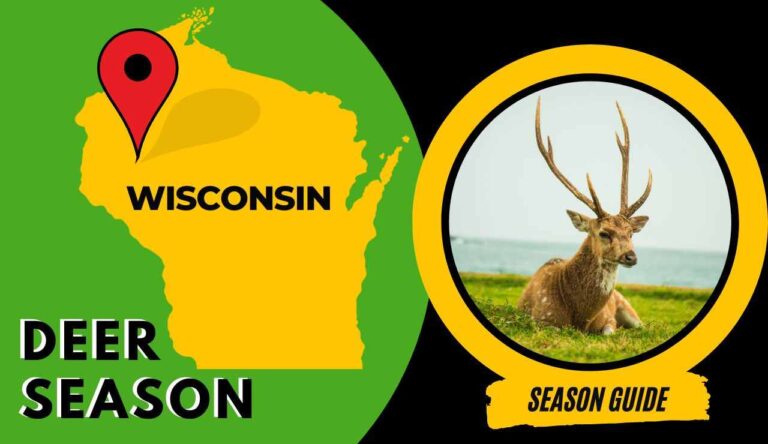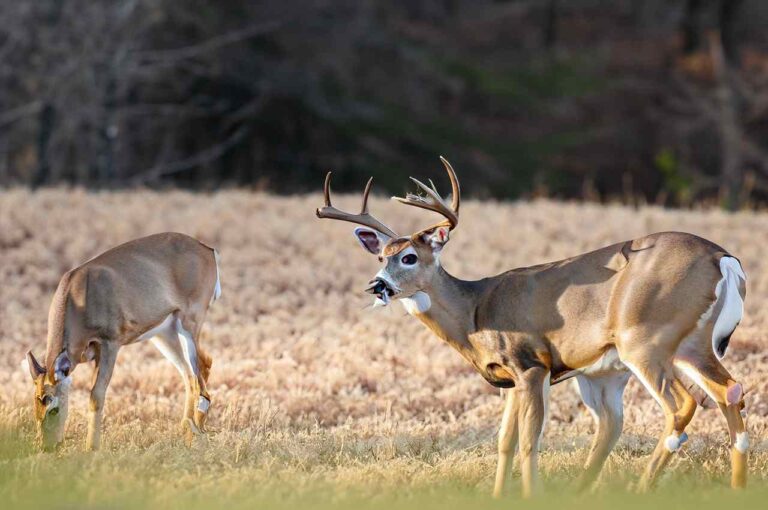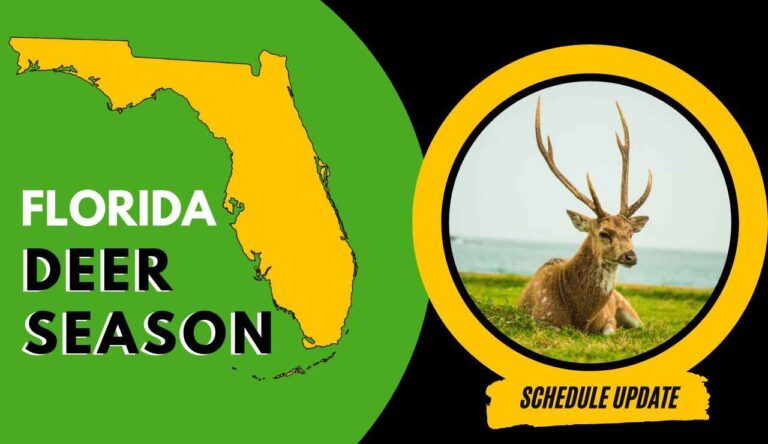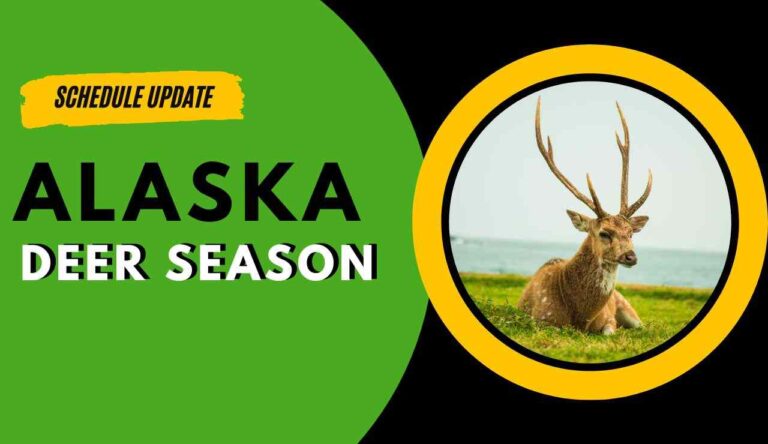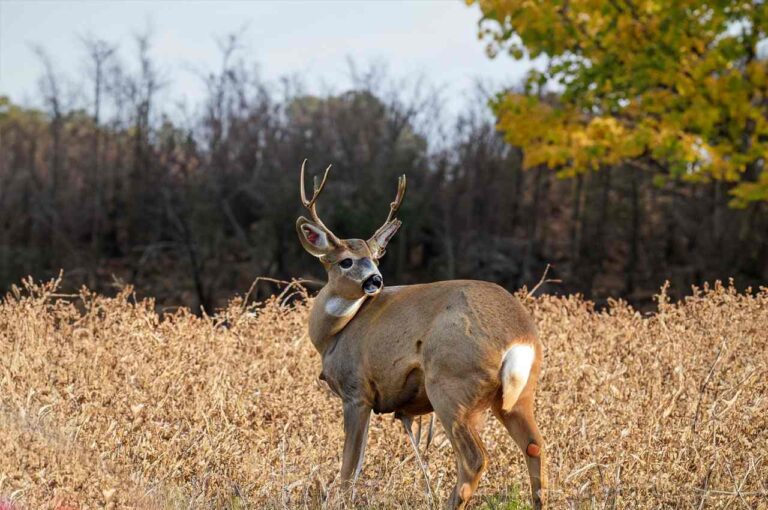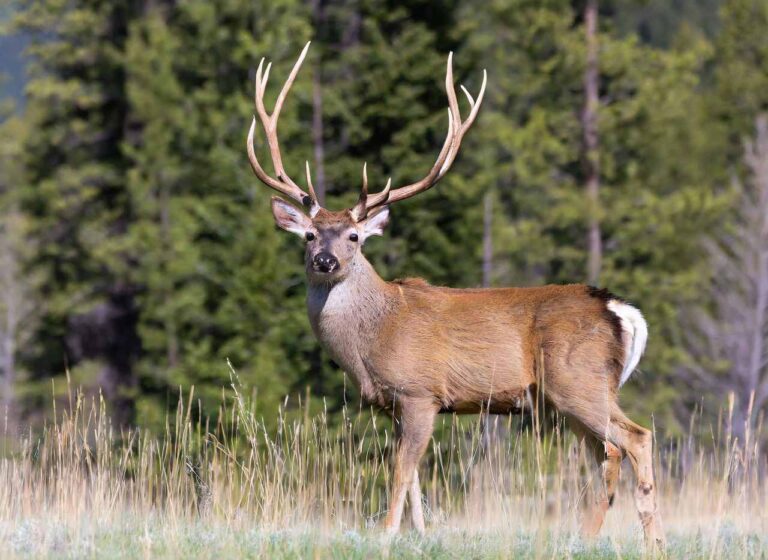North Carolina Deer Season 2025-2026: Latest Schedules, Licenses & Rules!
Dreaming of pursuing white-tailed deer in the diverse landscapes of the Tar Heel State? This comprehensive guide covers all the essential dates, wildlife management zones, and regulations you’ll need for the 2025-2026 cycle. Whether you’re a seasoned tracker or new to the sport, we’ve got everything from archery periods to firearm dates, helping you plan your perfect wilderness experience across North Carolina’s five distinct zones.
At a Glance: North Carolina’s 2025-2026 Key Deer Periods
| Zone | Archery | Blackpowder | Gun |
|---|---|---|---|
| Northeastern | Sept 13 – Oct 3, 2025 | Oct 4 – Oct 17, 2025 | Oct 18, 2025 – Jan 1, 2026 |
| Southeastern | Sept 13 – Oct 3, 2025 | Oct 4 – Oct 17, 2025 | Oct 18, 2025 – Jan 1, 2026 |
| Central | Sept 13 – Oct 31, 2025 | Nov 1 – Nov 14, 2025 | Nov 15, 2025 – Jan 1, 2026 |
| Northwestern | Sept 13 – Nov 7, 2025 | Nov 8 – Nov 21, 2025 | Nov 22, 2025 – Jan 1, 2026 |
| Western | Sept 13 – Nov 14, 2025 | Nov 15 – Nov 28, 2025 | Nov 29, 2025 – Jan 1, 2026 |
A Detailed Look at All Deer Periods
North Carolina’s varied terrain, from coastal plains to mountain ranges, offers fantastic opportunities for white-tailed deer enthusiasts. The management of these animals is carefully regulated through five distinct zones to ensure sustainable populations .
🏹 Archery Dates
Archery enthusiasts enjoy early access across all zones, with seasons beginning in mid-September.
- Northeastern & Southeastern Zones: Run from September 13 to October 3, 2025 .
- Central Zone: Occurs from September 13 to October 31, 2025 .
- Northwestern Zone: Takes place from September 13 to November 7, 2025 .
- Western Zone: Extends from September 13 to November 14, 2025 .
🔫 Firearm and Blackpowder Dates
These seasons are carefully structured to manage harvest numbers while providing diverse opportunities.
- Blackpowder Seasons:
- Northeastern & Southeastern: October 4-17, 2025
- Central: November 1-14, 2025
- Northwestern: November 8-21, 2025
- Western: November 15-28, 2025
- Gun Seasons:
- Northeastern & Southeastern: October 18, 2025 – January 1, 2026
- Central: November 15, 2025 – January 1, 2026
- Northwestern: November 22, 2025 – January 1, 2026
- Western: November 29, 2025 – January 1, 2026
- Youth Days: Special weekends for young enthusiasts run September 27-28, 2025 statewide, with an additional November 27-28, 2025 period in the Western zone .
Other Deer-Related Game in North Carolina
While white-tailed deer are the primary cervid species pursued in North Carolina, the state maintains healthy populations of other noteworthy species:
- Black Bear: 🐻 Carefully managed populations across three distinct management units (Mountain, Piedmont, and Coastal) with seasons typically running from October through January, depending on the specific zone .
- Elk: Although not currently established for wild pursuit, North Carolina has explored restoration programs for these majestic animals in the past.
The Tar Heel State does not have established populations of non-native species such as axis, fallow, or sika deer for public harvest.
Snapshot of Late Periods (2025-2026)
| Season Type | Dates | Notes |
|---|---|---|
| Urban Archery | Jan 10 – Feb 15, 2026 | Archery only in participating municipalities |
| Western Zone Gun | Through Jan 1, 2026 | Latest ending season in the state |
Understanding the Rules of the Game
Following regulations ensures both legal compliance and ethical participation in conservation efforts.
- Bag Limits: The statewide limit is 6 deer, with no more than 2 being antlered. There’s no daily limit, but hunters must adhere to the seasonal maximum .
- Bonus Antlerless Harvest Report Cards: During Urban Archery Season, hunters can harvest two additional antlerless deer per card in participating municipalities .
- Sunday Hunting: Restricted between 9:30 AM and 12:30 PM, except on managed preserves. No firearm hunting during these hours .
- Hunter Orange: Required during firearms periods for all participants, including during Youth Days .
- Game Lands Regulations: Specific rules and seasons may apply on game lands like Buffalo Cove, Nicholson Creek, Rockfish Creek, Sandhills, and South Mountains. Always check specific regulations before visiting .
License and Permit Costs
While exact fees are subject to change, typical requirements include:
- Resident Annual License: Approximately $30
- Non-Resident Annual License: Approximately $119
- Non-Resident 10-Day License: $95
- Lifetime License (Residents): $315
Always check the official NC Wildlife Resources Commission website for the most current fee structure.
What You Need to Participate
To legally pursue deer in North Carolina, you must have:
- A valid North Carolina Hunting License
- Appropriate privileges for specific weapons (archery, blackpowder)
- Proof of Hunter Education if required by age (born on or after January 1, 1983)
- All harvested deer must be reported through the state’s system
Frequently Asked Questions
What are the main hunting zones in North Carolina?
The state is divided into five distinct zones: Northeastern, Southeastern, Central, Northwestern, and Western, each with slightly different dates .
Can I bait deer in North Carolina?
Yes, baiting is generally permitted, with restrictions on processed foods in areas with established bear seasons. Commercially available mineral supplements are allowed except on game lands and CWD Surveillance Areas .
Are there antler restrictions?
No statewide antler point restrictions exist, but hunters must adhere to the antlered vs. antlerless definitions and seasons .
What are the import restrictions for out-of-state hunters?
To prevent CWD spread, regulations restrict importing certain carcass parts from CWD-positive areas. Always check current regulations before transporting harvest across state lines.
Parting Thoughts
North Carolina offers diverse opportunities for white-tailed deer enthusiasts across its five management zones, with extended periods and carefully managed harvest regulations. Success comes from understanding zone-specific regulations, securing proper licenses, and always prioritizing safety. By planning ahead and respecting the rules, you can enjoy the rich outdoor traditions that make the Tar Heel State a fantastic destination for your next adventure.
This guide is for informational purposes only. Regulations are subject to change. Always confirm all dates, zones, bag limits, and rules directly with the official North Carolina Wildlife Resources Commission before your trip.
- Wyoming Deer Season 2025-2026 New Schedule & Rules - 15 September 2025
- Wisconsin Deer Season 2025-2026: WI Deer Hunting Guide [Schedule, Rules, Licenses] - 15 September 2025
- West Virginia Deer Season 2025-2026 Complete Date & Guide - 15 September 2025
